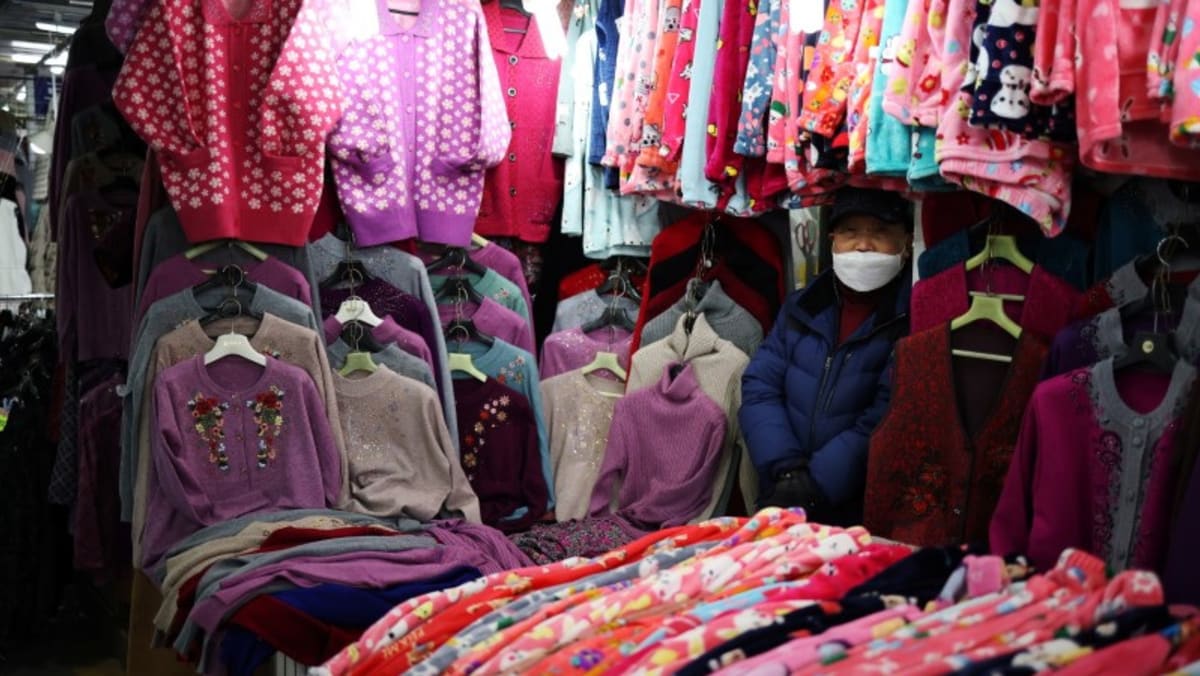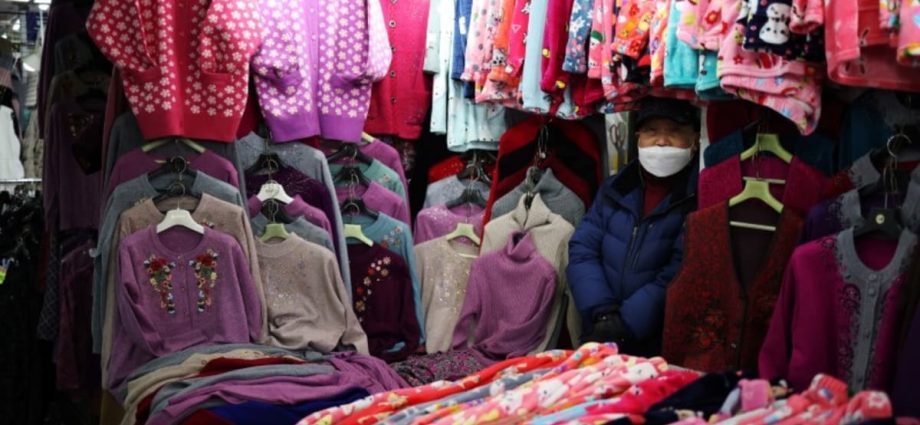
SEOUL: South Korea’s government said on Wednesday (Jan 17) it plans to implement a package of financial policies to support stock investors and small business owners squeezed by high-interest rates.
The financial support measures come three months ahead of the country’s general elections and as the president holds a series of policy discussion forums this month.
The government is scrapping its plan to impose capital gains taxes on income exceeding 50 million won (US$37,360) from stock investments, which was introduced by the previous administration and due to be implemented from next year, the Financial Services Commission said in a statement.
In South Korea, only “large shareholders”, who hold more than 5 billion won worth of stocks in a listed company, are currently subject to capital gains tax. That threshold was raised from 1 billion won last December.
The government would continue making progress to improve stock short-selling rules to ensure a “level playing field” between retail and institutional investors, said the commission, which is the ministry in charge of financial policies and regulations.
To help ease the burden of high interest rates, local banks will return a total of 1.6 trillion won (US$1.2 billion) of interest income to small businesses and the self-employed who have taken out loans, according to the commission.
For up to 2.9 million people with overdue repayments on loans, the government said it will provide a “credit rating pardon” to help them return to economic activity with a clean financial record.

